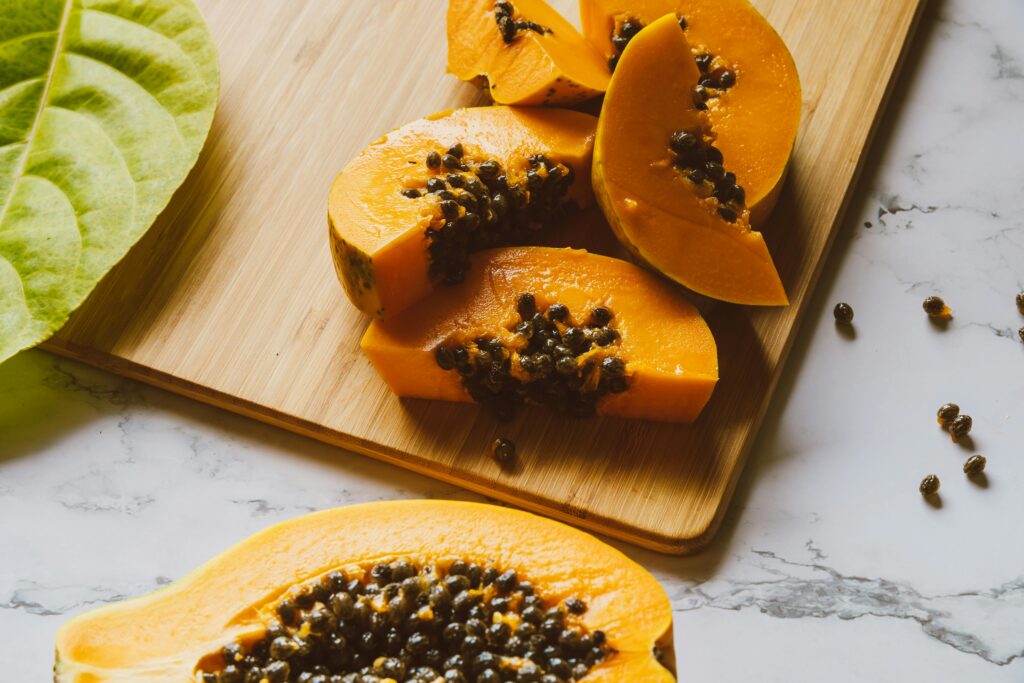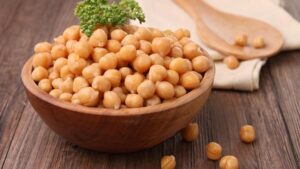Foods that can help with digestion

Constipation is a common digestive issue characterized by infrequent bowel movements, difficulty passing stool, or hard, dry stools. Here are some strategies to help alleviate constipation:
- Increase fiber intake: Fiber adds bulk to stool and helps it move more easily through the digestive tract. Include plenty of fiber-rich foods in your diet, such as fruits, vegetables, whole grains, legumes, nuts, and seeds.
- Stay hydrated: Drink plenty of water throughout the day to keep stools soft and promote regular bowel movements. Aim for at least 8 glasses of water per day, and consider hydrating foods like fruits and vegetables.
- Exercise regularly: Physical activity can help stimulate bowel movements by promoting muscle contractions in the intestines. Aim for at least 30 minutes of moderate-intensity exercise most days of the week.
- Consider probiotics: Probiotics are beneficial bacteria that can help regulate digestion and promote bowel regularity. You can find probiotics in fermented foods like yogurt, kefir, sauerkraut, and kimchi, or in supplement form.
- Try magnesium: Magnesium helps relax the muscles in the intestinal walls, which can aid in bowel movements. Foods rich in magnesium include leafy green vegetables, nuts, seeds, and whole grains. You can also consider taking a magnesium supplement, but be sure to consult with a healthcare professional first.
- Establish a regular bathroom routine: Set aside time each day for a bowel movement, preferably after meals when the digestive system is most active. Relax and allow yourself enough time to fully empty your bowels.
- Avoid delaying the urge to defecate: Ignoring the urge to have a bowel movement can lead to constipation. Respond to your body’s signals and try to use the bathroom when you feel the urge.
- Limit foods that may contribute to constipation: Certain foods can exacerbate constipation in some people. These may include processed foods, dairy products, red meat, and foods high in fat or low in fiber. Pay attention to how your body responds to different foods and adjust your diet accordingly.
- Consider over-the-counter remedies: If dietary and lifestyle changes aren’t effective, you may consider using over-the-counter laxatives or stool softeners. However, it’s important to use these medications sparingly and under the guidance of a healthcare professional, as long-term use can lead to dependence.
- If you’re experiencing persistent or severe constipation, or if constipation is accompanied by other concerning symptoms like abdominal pain or rectal bleeding, it’s important to consult with a healthcare professional for further evaluation and appropriate management.
Maintaining a healthy gut is essential for overall well-being. Here are some daily habits to support gut health:
Breakfast: Start with a piece of papaya

- Oatmeal topped with sliced prunes and ground flaxseeds
- A glass of prune juice or a prune smoothie with yogurt and mixed berries
Mid-Morning Snack:
- A handful of almonds or walnuts, which provide magnesium and healthy fats
- A piece of fruit like an apple or pear for added fiber
Lunch:
- Mixed green salad with beans (such as chickpeas or kidney beans) and plenty of vegetables (carrots, cucumbers, bell peppers)
- Whole grain bread or crackers on the side
- A probiotic-rich yogurt or kefir for dessert
Afternoon Snack:
- Carrot sticks with hummus, which contains fiber from the chickpeas and healthy fats from the tahini
- A small serving of prunes or dried figs for an extra boost of fiber
Dinner:
- Grilled salmon or tofu served with steamed broccoli and brown rice
- A side of sautéed spinach with garlic, which provides magnesium
- A cup of herbal tea, such as peppermint or ginger, to aid digestion
Evening Snack:
- A small bowl of mixed berries topped with a sprinkle of ground flaxseeds
- Herbal tea or warm water with lemon to promote hydration
This meal plan incorporates a variety of foods rich in fiber, healthy fats, magnesium, and probiotics, all of which can help loosen the intestine and promote healthy digestion. Remember to drink plenty of water throughout the day to stay hydrated and support bowel regularity.




